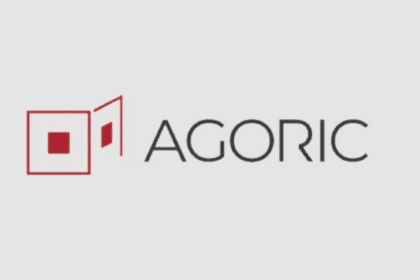Liquid Staking Protocols: The Future of Ethereum Staking in 2025
In the past month, the Ethereum network has witnessed a remarkable surge in the adoption of liquid staking protocols, with 150,000 Ether (ETH), valued at approximately $390 million, deposited into various platforms. This growth highlights the increasing popularity of liquid staking as a flexible alternative to traditional Ethereum staking, enabling holders to earn rewards without locking up their assets. Leading the charge is Lido, which continues to dominate the market, alongside emerging platforms like Rocket Pool and Binance.
Rapid Growth in Liquid Staking: A $35.46 Billion Market
The momentum behind liquid staking has been building for years, but recent data underscores its explosive growth. From mid-2024 to June 2025, liquid staking protocols added 440,000 ETH, bringing the total locked Ether to 13.59 million ETH. This translates to a staggering $35.46 billion in value, cementing liquid staking as a cornerstone of the Ethereum ecosystem.
Unlike traditional staking, liquid staking allows users to stake their ETH and receive liquid staking tokens (e.g., stETH from Lido) that can be traded, used in DeFi, or held for additional rewards. This flexibility has driven over 28% of all circulating Ether to be staked, with 11.3% now locked in liquid staking derivatives.

Lido’s Dominance and the Rise of Competitors
Lido remains the undisputed leader in the liquid staking space, managing 9.81 million ETH—approximately 72.23% of the market. Its user-friendly interface and robust infrastructure make it the go-to choice for Ethereum holders seeking liquidity without sacrificing staking rewards.
However, competitors are gaining ground:
- Rocket Pool: A decentralized alternative, Rocket Pool added 10,000 ETH recently, securing an 8.68% market share. Its focus on decentralization appeals to users wary of centralized platforms.
- Binance: With over 912,000 ETH staked, Binance holds a 6.72% share, leveraging its massive user base to expand its staking offerings.
- Mantle: An emerging player, Mantle manages nearly 500,000 ETH, capturing 3.6% of the market.
- Coinbase: A trusted name in crypto, Coinbase’s liquid staking protocol holds 195,531 ETH, representing 1.44% of the market.

Why Liquid Staking is Transforming Ethereum’s Ecosystem
Liquid staking protocols are reshaping how Ethereum holders approach staking. By offering the ability to trade or utilize staked assets, these platforms combine the benefits of staking rewards with the flexibility of liquid assets. This has made them a preferred choice for both retail and institutional investors.
As of June 2025, the continued inflow of 150,000 ETH in just 27 days signals strong investor confidence in liquid staking. Platforms like Lido, Rocket Pool, and Binance are well-positioned to capitalize on this trend, while new entrants like Mantle are adding diversity to the market.

What’s Next for Liquid Staking?
The rapid rise of liquid staking protocols suggests they will play an even more significant role in Ethereum’s future. With over $35 billion in ETH staked and growing, these platforms are becoming integral to the DeFi ecosystem. As Ethereum continues to scale with upgrades like sharding and rollups, liquid staking is likely to attract even more capital.
For Ethereum holders, the choice is clear: liquid staking offers a compelling way to maximize rewards while retaining flexibility. Whether you’re a seasoned investor or new to staking, platforms like Lido, Rocket Pool, and Coinbase provide accessible entry points to this growing market.
Stay informed on the latest cryptocurrency trends and staking strategies by following TheBITJournal.
Frequently Asked Questions (FAQ)
What is liquid staking?
Liquid staking allows Ethereum holders to stake their ETH and receive tokens (e.g., stETH) that can be traded or used in DeFi, offering flexibility compared to traditional staking.
Which platform leads in liquid staking?
Lido is the leading platform, managing 9.81 million ETH and holding a 72.23% market share as of June 2025.
Is liquid staking safe?
While liquid staking platforms like Lido and Rocket Pool are generally secure, risks such as smart contract vulnerabilities or market volatility exist. Always research before staking.
How much ETH is staked in liquid staking protocols?
As of June 2025, 13.59 million ETH, valued at $35.46 billion, is locked in liquid staking protocols.




























